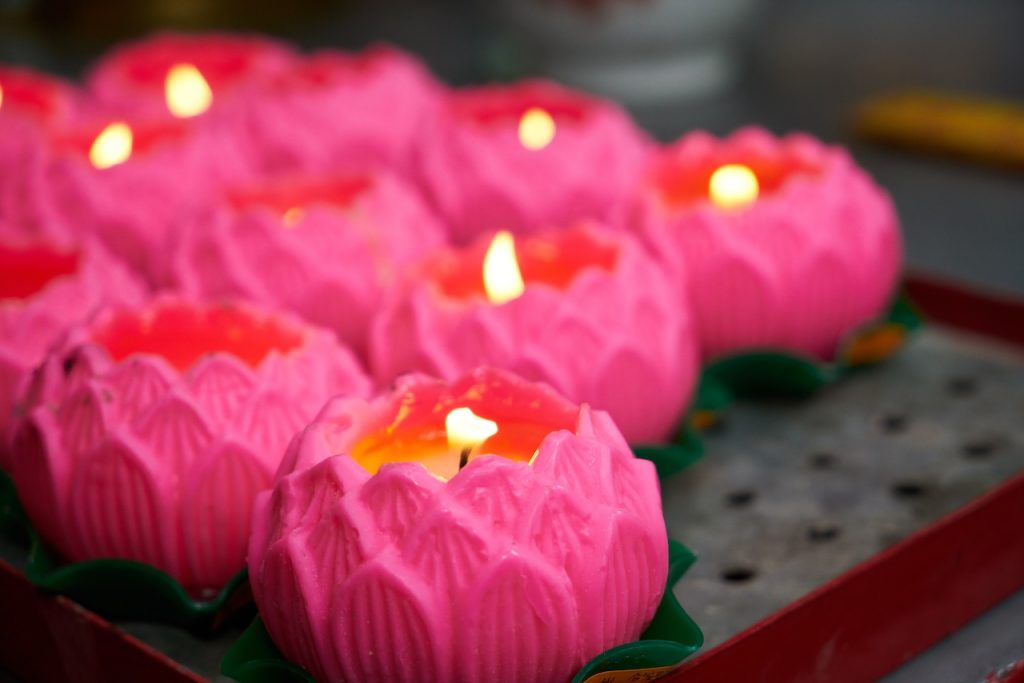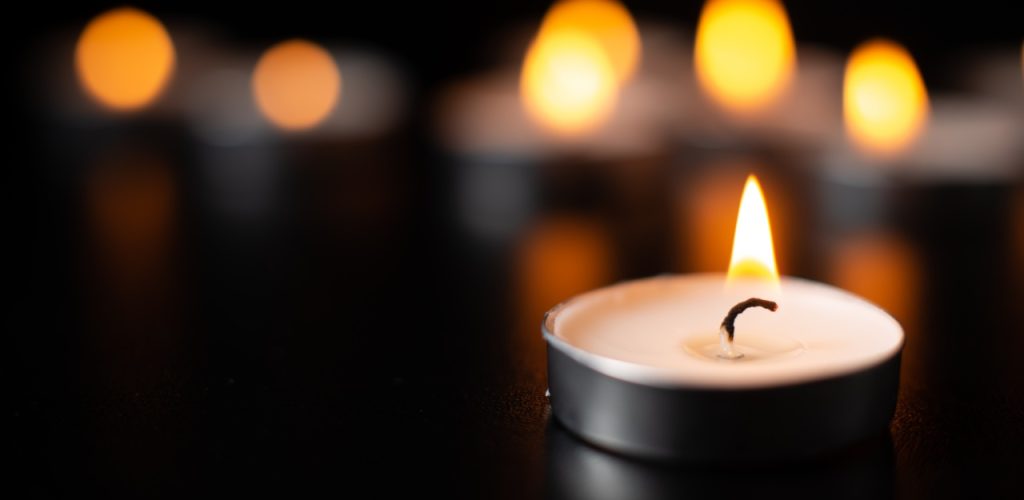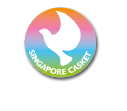
Introduction to Buddhist Funeral Traditions
In Singapore, Buddhist funeral services are deeply rooted in traditions that emphasize the cyclical nature of life and the journey toward rebirth. These ceremonies are designed to honor the deceased and provide comfort to the bereaved family. Understanding the various rituals and practices involved can help individuals navigate these solemn occasions with respect and insight.

Key Rituals and Practices
1. Monk-Led Prayers and Chanting
A central aspect of the Buddhist funeral is the involvement of monks who lead prayers and chant sutras. These rituals are believed to guide the deceased’s soul on its journey toward enlightenment and rebirth. The chanting serves both as a tribute to the departed and as a source of solace for the grieving family.
There are different sutras to choose from, each serving a unique purpose. Some sutras focus on guiding the soul toward a favorable rebirth, while others emphasize peace, wisdom, or merit accumulation. Families may consult with monks or religious advisors to select the most appropriate sutras based on their beliefs and the wishes of the deceased.
2. Offerings and Acts of Merit
During the wake and funeral service, offerings such as incense, flowers, and lighted candles are made. These symbolize respect for the deceased and the impermanence of life. Providing vegetarian meals during the mourning period is also customary, as it aligns with Buddhist principles of purity and compassion.
3. Selection of the Venue
Choosing a tranquil and appropriate venue is essential for conducting the rites and accommodating mourners. Funeral parlours are often selected for their serene environment, which facilitates reflection and prayer. The setting should allow for the proper conduct of rituals and provide a space where family and friends can gather to pay their respects.
4. Cremation or Burial
While cremation is commonly practiced in Buddhist traditions, the choice between cremation and burial depends on the family’s preferences and the specific customs of their Buddhist sect. The final rites are performed with the intention of honoring the deceased and aiding their journey in the cycle of rebirth. The decision between cremation and burial should be made in consultation with religious advisors and based on the wishes of the deceased and their family.

Post-Funeral Observances
After the funeral, families may continue to honor the deceased through periodic memorial services. These observances serve to generate merit for the departed soul and provide ongoing support for the family’s healing process. Common practices include additional chanting, making offerings, and engaging in charitable acts in memory of the deceased. These activities are believed to benefit the departed in their journey and help the living find peace and closure.
Understanding these rituals allows individuals to participate meaningfully in Buddhist funeral services, offering appropriate respect to the deceased and support to the bereaved family. By being aware of the customs and traditions, attendees can navigate the ceremonies with sensitivity and provide comfort to those in mourning.
Singapore Casket: Your One-Stop Solution For Funeral Services In Singapore
Our professional funeral directors have decades of experience and are committed to helping fulfil the last wishes of your loved one and delivering a funeral wake that is memorable, dignified and heartfelt. We can handle every aspect of your loved one’s funeral arrangement – from embalming and makeup as well as memorial gemstone services to exhumation & remain relocation and post-funeral services. You can learn more about our full range of funeral services here or get in contact with us at 6293 4388, we are open 7 days a week and 24 hours a day.

